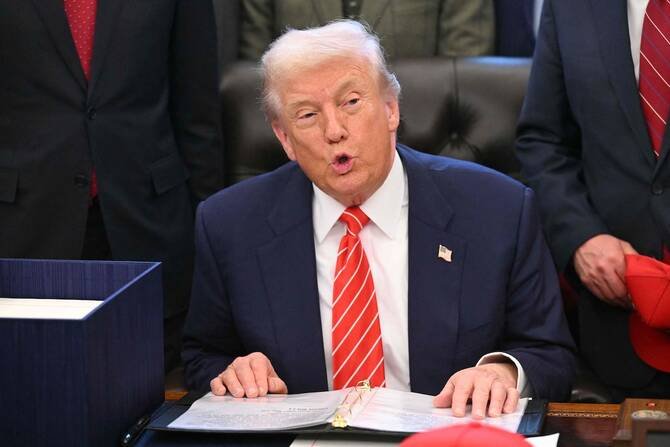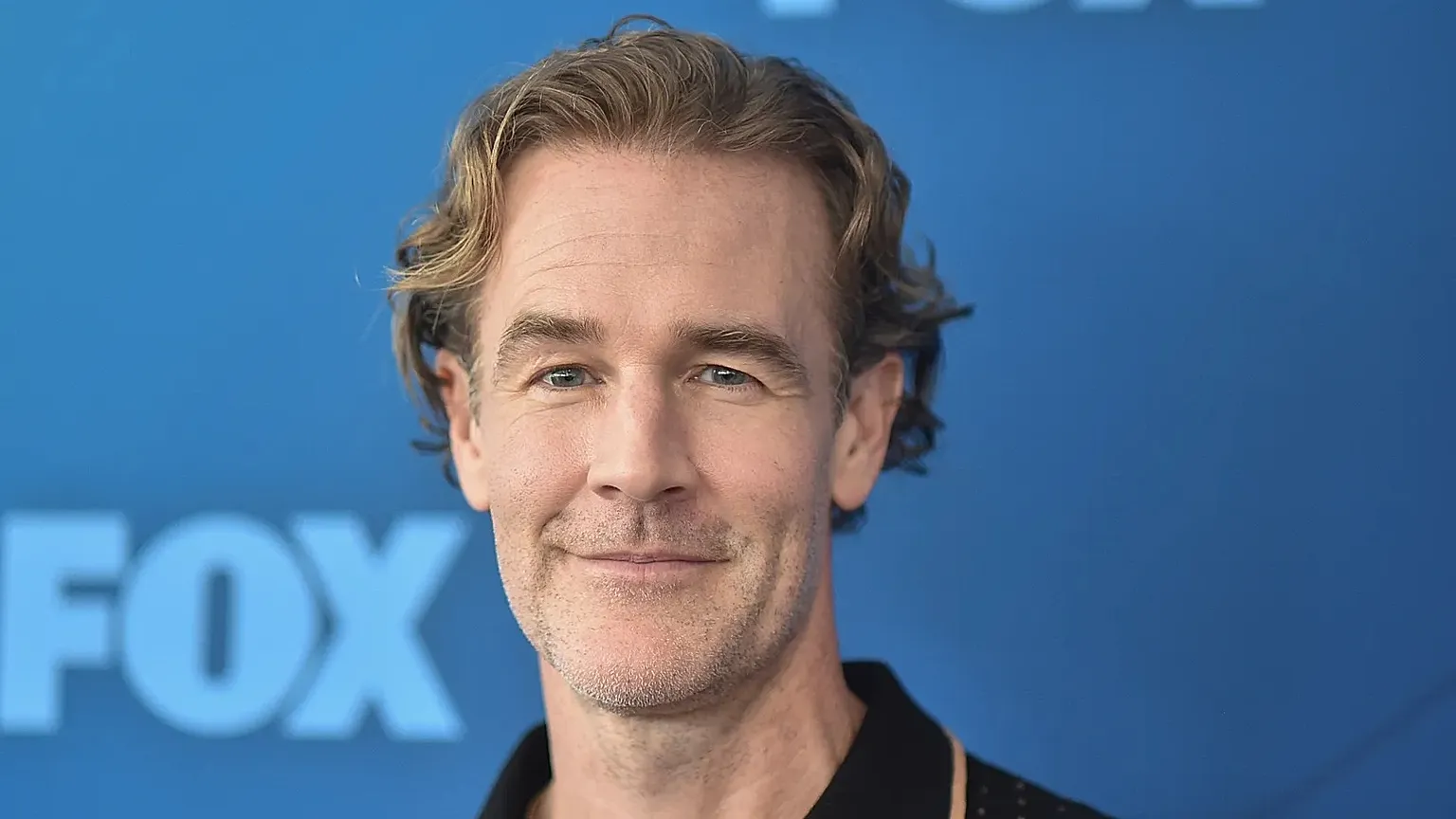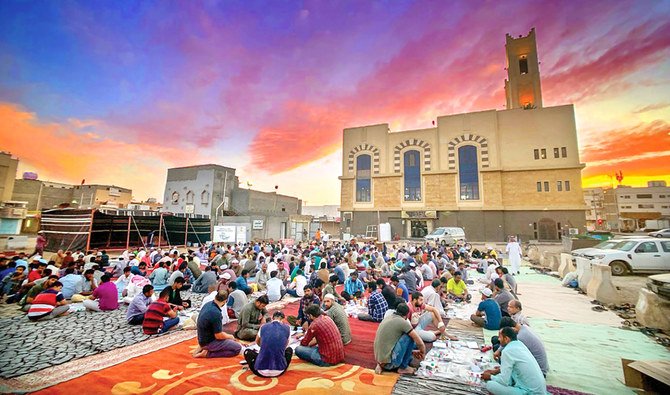New York—the city of towering skyscrapers, dazzling lights, and unceasing motion—remains a symbol of ambition and endurance. Rising proudly along the banks of the Hudson River, its skyline stands as a monument to human aspiration, its streets humming with life from every corner of the world. For many, a visit to America feels incomplete without setting foot in New York. It is here that the world gathers to witness the shimmering brilliance of Times Square, the enduring grandeur of the Statue of Liberty, and the solemn site where once stood the Twin Towers, now reborn as the World Trade Center. The city’s rhythm, its blend of resilience and diversity, mirrors the very spirit of modern civilization.
In recent months, however, New York became the center of global attention not for its cultural vibrancy but for a political contest that spoke volumes about the conscience of its people. The mayoral election, already significant in the city’s history, took on new meaning when a Muslim candidate, Zohran Mamdani, emerged as a leading contender. His candidacy represented not just another democratic exercise, but a test of the American ideal of equality and freedom. Standing against entrenched power and prejudice, Mamdani’s campaign became a beacon of hope for those who believe that character, not creed, should define leadership.
The election took a dramatic turn when U.S. President Donald Trump openly intervened, endorsing his preferred candidate and attempting to influence the outcome. Through statements circulated in the press, Trump warned that if his supported candidate failed to win, New York could face difficulties in securing federal funds—an unmistakable threat aimed at coercing the city’s voters. Such remarks were widely criticized across political and media circles for undermining the democratic process. Yet, the people of New York, renowned for their independence of spirit, refused to yield to intimidation. They understood that democracy must not bow before fear, and that leadership built on integrity must prevail over politics driven by arrogance.
Zohran Mamdani’s victory was therefore far more than a personal triumph—it was a collective statement of conscience. It proved that even in an age of rising intolerance, the moral fiber of ordinary citizens remains unbroken. Mamdani, known for his outspoken opposition to Islamophobia and his courageous stance on global injustices—particularly the ongoing tragedy in Gaza—had already drawn attention for his unwavering principles. His election as mayor sent a message not only to Washington but to the entire world; that humanity cannot be silenced, and that the voice of justice, however inconvenient to the powerful, will continue to be heard.
For President Trump and his administration, Mamdani’s success was hard to digest. The idea of a Muslim leading America’s most prominent city was at odds with the divisive narrative they had long cultivated. But the people’s decision shattered that narrative. In rejecting fear and hatred, New Yorkers reaffirmed the foundational values upon which their nation was built—the belief that every individual, regardless of religion or ethnicity, has the right to lead and to serve.
The echoes of this moment stretched beyond America. Across the Atlantic, in London, another Muslim leader, Sadiq Khan, has been serving as mayor with dignity and resolve. Like Mamdani, Sadiq Khan has repeatedly voiced his support for the oppressed people of Gaza and condemned the use of state power against innocent civilians. His principled stance, however, once drew the wrath of President Trump, who during his recent visit to the United Kingdom expressed his desire that Sadiq Khan not be invited to the state reception held in his honor. It was a gesture of personal disdain that reflected a broader discomfort with Muslim leaders who dared to challenge narratives of aggression and injustice. Yet, both Khan and Mamdani represent a growing generation of leaders unafraid to speak the truth, no matter how uncomfortable it may be for those in power.
The New York election, in essence, rekindled faith in the democratic spirit. It reminded the world that real democracy lies not in slogans or ceremonies but in the courage of ordinary people to stand for what is right. Power, for all its might, cannot silence the conscience of a free people. When citizens rise above prejudice, they breathe life back into the ideals of equality, justice, and liberty. The triumph of Mamdani, therefore, was not merely a political event—it was a moral awakening.
In the quiet reflection that followed the celebrations, one could sense that something profound had occurred. The people of New York, through their ballots, had reaffirmed that honor and dishonor rest in the hands of Allah alone. No earthly authority, no political office, and no intimidation can alter the truth decreed by the Divine. History bears witness that when arrogance collides with righteousness, it is always the latter that prevails.
Thus, beneath the glittering skyline of New York, among the bustling crowds and bright lights, a deeper truth shone through; that power is transient, but principles endure. The New York mayoral election did not just choose a leader—it restored faith in the human spirit. It reminded the world that the conscience of a city, and indeed of a nation, can still rise above fear. In the end, power lost—and the people won.

Director General National Assembly Parliament House Islamabad.

